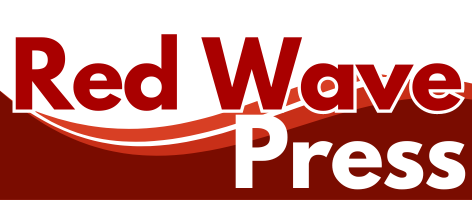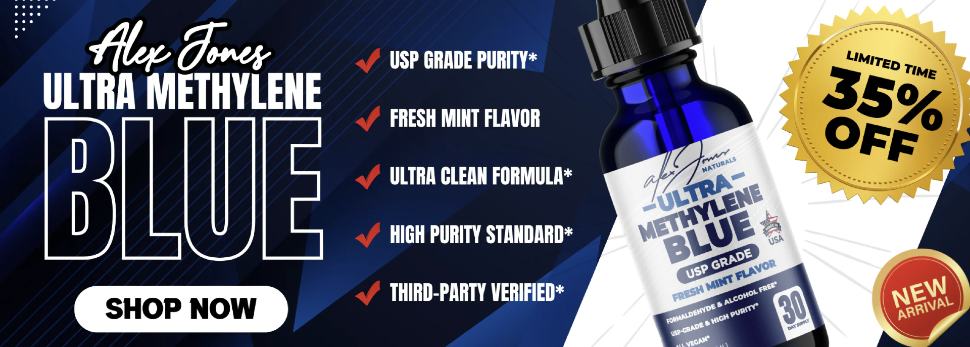On a recent trip to the Middle East accompanied by a prominent supporter of Hamas and Hezbollah, Michigan Gov. Gretchen Whitmer (D.) inked an investment deal with a Gulf sheikh accused of waging “hack-and-leak” operations against business associates and journalists who exposed his ties to Iran.
Whitmer signed a memorandum of understanding between her state and Sheikh Saud bin Saqr Al-Qasimi, the ruler of Ras al-Khaimah (RAK), one of the seven United Arab Emirates. The agreement stipulates that the emirate will work with the University of Michigan and the Michigan Economic Development Corporation to “advance global innovation, entrepreneurship, economic growth, and job creation.”
In a press release, in which Whitmer included pictures of herself seated with the robed sheikh, she said the agreement would facilitate “student exchanges, internships, and joint programs between Michigan and Ras al-Khaimah-based academic institutions” to drive bilateral investments between Michigan and the small Gulf nation.
Saud, a University of Michigan graduate who hosted the governor during her visit, is a controversial figure in the United States. The dictator, who was until recently represented by Dechert’s Andrew Levander, threatened to sue the Washington Free Beacon for reporting on litigation that accused him of using a network of lawyers, lobbyists, private eyes, and hackers to wage smear campaigns against former business associates and journalists.
In 2013, Jay Solomon, then a reporter for the Wall Street Journal, reported that Saud and his allies sold a Georgian hotel as part of a money laundering scheme designed to help Iran evade U.S. sanctions. One of Solomon’s sources was Iranian-American businessman Farhad Azima, then an ally of Saud. After the report was published, Georgian officials blocked the sale of the hotel, a steep financial setback for Saud. It also put Saud on the radar of American authorities for potential sanctions violations. […]
— Read More: freebeacon.com
What Would You Do If Pharmacies Couldn’t Provide You With Crucial Medications or Antibiotics?
The medication supply chain from China and India is more fragile than ever since Covid. The US is not equipped to handle our pharmaceutical needs. We’ve already seen shortages with antibiotics and other medications in recent months and pharmaceutical challenges are becoming more frequent today.
Our partners at Jase Medical offer a simple solution for Americans to be prepared in case things go south. Their “Jase Case” gives Americans emergency antibiotics they can store away while their “Jase Daily” offers a wide array of prescription drugs to treat the ailments most common to Americans.
They do this through a process that embraces medical freedom. Their secure online form allows board-certified physicians to prescribe the needed drugs. They are then delivered directly to the customer from their pharmacy network. The physicians are available to answer treatment related questions.



